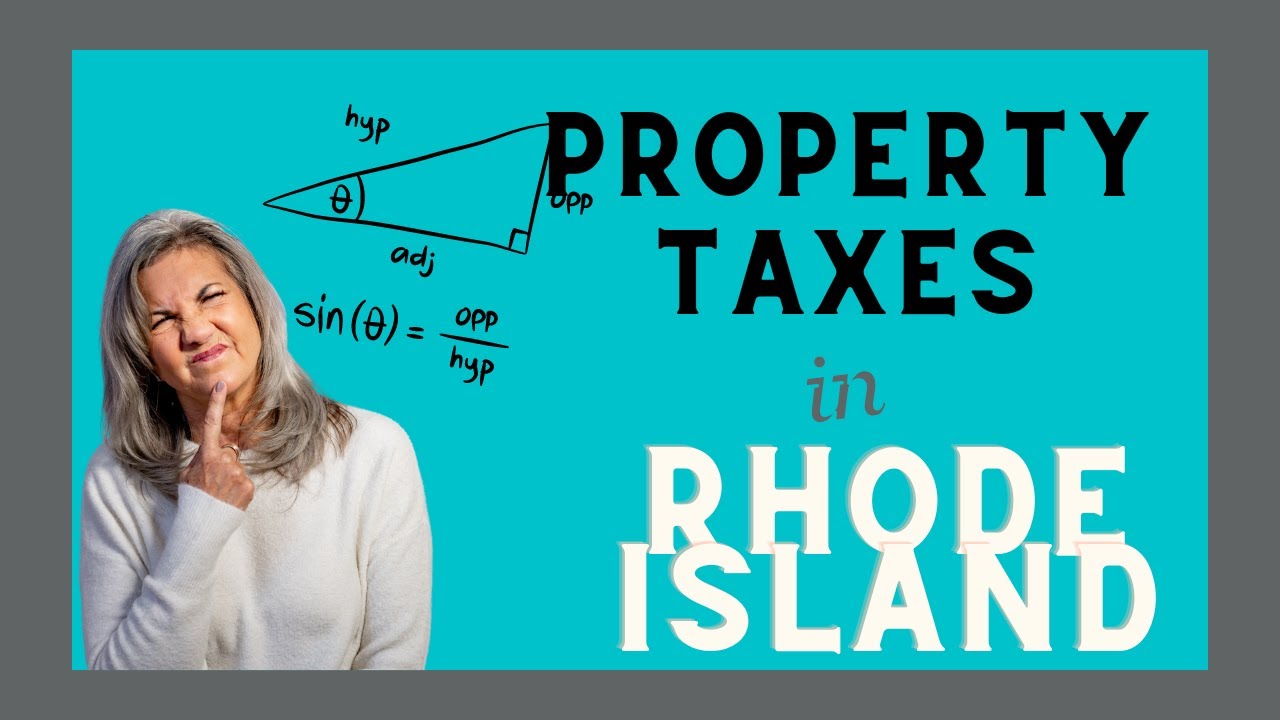Overview of Property Tax Assistance in Rhode Island
Rhode Island residents who struggle to pay their property taxes may be relieved to know that there are several assistance programs available. These programs aim to provide relief and support to individuals and families who find it difficult to manage their property tax obligations. While the specific eligibility criteria and benefits of these programs may vary, they all share a common goal of ensuring that homeowners can afford to stay in their homes.
Understanding the Property Tax Relief Programs in RI
Rhode Island offers various property tax relief programs to ease the burden on homeowners. These programs include the Property Tax Freeze Program, Property Tax Deferral Program, Property Tax Abatement, Homestead Exemption, Circuit Breaker Program, and Veteran Property Tax Exemption. Each of these programs has its own unique features and requirements, providing different avenues for property tax assistance.
Eligibility Criteria for Property Tax Assistance in RI
To be eligible for property tax assistance in Rhode Island, applicants must meet certain criteria. Generally, these criteria include factors such as income level, age, disability status, military service, and residency. The specific requirements for each program may differ, so it is important for individuals to review the eligibility guidelines to determine their eligibility for assistance.
Exploring the Rhode Island Property Tax Freeze Program
The Property Tax Freeze Program in Rhode Island is designed to help individuals with limited income and assets by "freezing" their property tax at a certain level. Eligible applicants must meet certain income and asset thresholds and have resided in their home for at least one year. Once approved, their property tax will not increase as long as they remain eligible for the program.
Rhode Island Property Tax Deferral Program: How It Works
The Rhode Island Property Tax Deferral Program allows eligible homeowners to defer payment of their property taxes. This program is aimed at individuals who are 65 years or older, disabled, or who have experienced a significant loss of income. Under this program, the deferred property taxes become a lien on the property and are paid when the property is sold or transferred.
Applying for Property Tax Abatement in Rhode Island
Rhode Island residents who believe their property taxes are too high in comparison to the property’s value may consider applying for a property tax abatement. A property tax abatement is a reduction in the assessed value of a property, which in turn lowers the property tax liability. Applicants must provide evidence to support their claim, such as recent appraisals or comparative market analyses.
Rhode Island Homestead Exemption: Who Qualifies?
The Rhode Island Homestead Exemption is available to homeowners who use their property as their primary residence. This program provides a reduction in property taxes based on a percentage of the home’s assessed value. To qualify, applicants must meet certain income thresholds and residency requirements. The Homestead Exemption can provide significant savings for eligible homeowners.
The Circuit Breaker Program: Property Tax Relief in RI
The Circuit Breaker Program in Rhode Island offers property tax relief to individuals and families with limited income. It provides a refundable tax credit to eligible applicants whose property taxes exceed a certain percentage of their income. This program helps ensure that property taxes do not become an overwhelming burden for those who are financially struggling.
The Veteran Property Tax Exemption in Rhode Island
Rhode Island honors the service and sacrifice of its veterans by offering a property tax exemption. Eligible veterans can receive a reduction in their property taxes based on their military service and disability status. The exemption amount varies depending on the extent of the disability. This program recognizes the contributions of veterans and provides them with financial relief.
Additional Property Tax Assistance Resources in RI
In addition to the aforementioned programs, Rhode Island offers additional resources for property tax assistance. Non-profit organizations, local municipalities, and community action agencies may provide support and guidance to homeowners in need. It is advisable to explore these resources and seek assistance from professionals to ensure that all available avenues for property tax relief are explored.
Common FAQs about Property Tax Assistance in Rhode Island
-
What documents are required for property tax assistance applications?
Applicants may need to provide documents such as proof of income, proof of residency, property tax bills, and identification documents. -
Can I apply for multiple property tax assistance programs in Rhode Island?
Yes, eligible individuals may apply for multiple programs if they meet the criteria for each program. -
Is there a deadline for applying for property tax assistance?
Deadlines for applications may vary depending on the program. It is essential to review the specific requirements and deadlines for each program. -
Are property tax assistance programs available for commercial properties?
Most property tax assistance programs in Rhode Island are primarily designed for residential properties. However, it is advisable to consult with local authorities for any available assistance programs for commercial properties.
Navigating the Property Tax Appeal Process in RI
If a homeowner believes their property tax assessment is unfair or inaccurate, they have the option to appeal the assessment. The appeal process involves gathering evidence, such as recent appraisals or sales comparisons, and presenting a case to the local tax assessor’s office. It is important to understand the specific procedures and deadlines for filing an appeal to ensure the best chance of a successful outcome. Seeking professional advice may also be beneficial during the appeal process.





